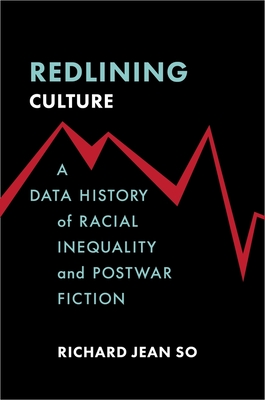Expedite your nonfiction book discovery process with Readara interviews, summaries and recommendations, Broaden your knowledge and gain insights from leading experts and scholars
In-depth, hour-long interviews with notable nonfiction authors, Gain new perspectives and ideas from the writer’s expertise and research, Valuable resource for readers and researchers
Optimize your book discovery process, Four-to eight-page summaries prepared by subject matter experts, Quickly review the book’s central messages and range of content
Books are handpicked covering a wide range of important categories and topics, Selected authors are subject experts, field professionals, or distinguished academics
Our editorial team includes books offering insights, unique views and researched-narratives in categories, Trade shows and book fairs, Book signings and in person author talks,Webinars and online events
Connect with editors and designers,Discover PR & marketing services providers, Source printers and related service providers

Redlining Culture: A Data History of Racial Inequality and Postwar Fiction
Language Arts & Disciplines > Publishers & Publishing Industry
- Columbia University Press
- Paperback
- 9780231197731
- 9.1 X 6.1 X 0.7 inches
- 0.75 pounds
- Language Arts & Disciplines > Publishers & Publishing Industry
- (Single Author) Asian American
- English
Readara.com
Book Description
Richard Jean So draws on big data, literary history, and close readings to offer an unprecedented analysis of racial inequality in American publishing that reveals the persistence of an extreme bias toward white authors. In fact, a defining feature of the publishing industry is its vast whiteness, which has denied nonwhite authors, especially black writers, the coveted resources of publishing, reviews, prizes, and sales, with profound effects on the language, form, and content of the postwar novel. Rather than seeing the postwar period as the era of multiculturalism, So argues that we should understand it as the invention of a new form of racial inequality--one that continues to shape the arts and literature today.
Interweaving data analysis of large-scale patterns with a consideration of Toni Morrison's career as an editor at Random House and readings of individual works by Octavia Butler, Henry Dumas, Amy Tan, and others, So develops a form of criticism that brings together qualitative and quantitative approaches to the study of literature. A vital and provocative work for American literary studies, critical race studies, and the digital humanities, Redlining Culture shows the importance of data and computational methods for understanding and challenging racial inequality.
Author Bio
I work at the intersection of cultural analysis and data science. Substantively, I use data-driven methods to study culture, both historical and contemporary, from the novel to Netflix to social media and writing platforms like Reddit and AO3. I have a particular topical interest in race, power, and inequality. Methodologically, I attempt to bring together humanist methods of interpretation, such as close reading, with new computational methods, such as machine learning and natural language processing. I also have a keen interest in reconciling critical race theory with digital methods.
I earned my BA at Brown University in English and Economics, and my PhD in English and Comparative Literature at Columbia University. I also have done formal training in statistics at the University of Michigan and natural language processing at the University of Washington. Prior to coming to McGill in 2018, I taught at the University of Chicago as an assistant professor. There, with Hoyt Long and Robert Morrissey, I helped to found their first digital humanities lab, the Textual Optics Lab. At McGill, I help run the McGill Text Lab with Andrew Piper.
My most recent book is Redlining Culture: A Data History of Racial Inequality and Postwar Fiction (Columbia UP 2020), a data-driven study of white supremacy in post-war US publishing and literature. I'm currently working on a new book that studies the impact of social media and user generated content on how we talk about race and tell stories about race, which combines cultural criticism and data science. I'm also writing a series of stand-alone, cultural analytics articles on computational narratology, Netflix and racial diversity, and Black Twitter.
I've published academic articles in Critical Inquiry, PMLA, boundary 2, Representations, Modern Language Quarterly, American Literary History, American Literature, and Journal of Cultural Analytics.
I sometimes write for the public, too. I've written on cultural analytics for The New York Times, The Atlantic, Slate, and The New Republic, and my research has been featured in The London Review of Books, The New Yorker, Los Angeles Review of Books, and Chronicle of Higher Education. I'm also the current Digital Humanities editor for Public Books.
Source: richardjeanso.wixsite.com
Videos








Community reviews
No Community reviews

